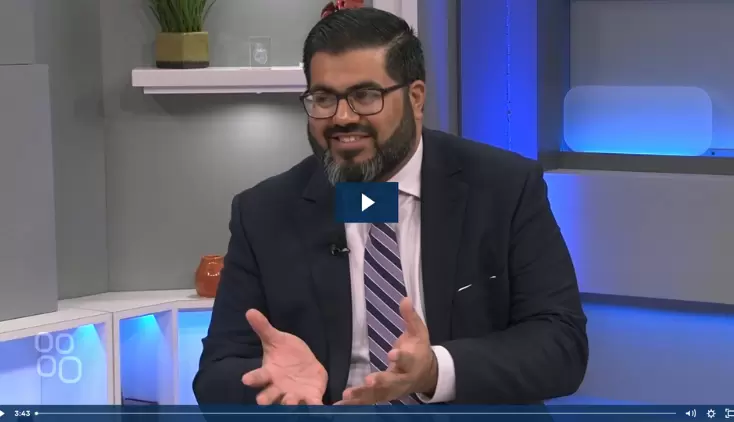Clinical Research & Data, Complete Revascularization
Striving for Complete Revascularization Improves Outcomes
Cindy Grines, MD, FACC, MSCAI, discusses extensive revascularization in the presence of multivessel coronary disease in this presentation from the 2021 American College of Cardiology (ACC21) virtual scientific session. Dr. Grines is the chief scientific officer at Northside Cardiovascular Institute in Atlanta, Georgia and is the immediate past president of the Society for Cardiovascular Angiography & Interventions (SCAI).
Dr. Grines presents data demonstrating that complete and optimized revascularization improves outcomes. She describes a pooled analysis of 3 randomized trials showing that PCI with complete revascularization demonstrates similar outcomes to CABG while patients undergoing PCI with incomplete revascularization have much worse outcomes, including an increased risk of death over time. “We do know that the more extensive revascularization at the index procedure with Impella® support is associated with improved outcomes as well as a reduction in acute kidney injury,” she emphasizes.
Dr. Grines then presents a SCAI position statement on optimal percutaneous coronary interventional therapy for complex CAD highlighting that complete revascularization is associated with improved outcomes. “And the benefits are particularly seen in high-risk patients,” Dr. Grines states, “including patients with acute coronary syndrome who had a 71% reduction in death, 27% reduction in MACE, and a 40% reduction in MI.” She highlights other benefits, concluding that “clearly in these high-risk patients you want to consider complete revascularization.”
She discusses the importance of careful assessment of anatomy, comorbidities, and procedural complexity to optimize patient safety. She highlights in-hospital mortality risks such as surgical ineligibility, which carries a 6- to 7-fold increase in mortality, and chronic kidney disease with a 2- to 3-fold increase in mortality. In terms of long-term mortality, she notes that incomplete revascularization is associated with a 3-fold increase in 5-year mortality. “So a lot of patients out here,” she emphasizes,” who could potentially benefit from something to protect them better.”
Dr. Grines shows data from the SMILE trial demonstrating better outcomes and reduction in MACCE with single-setting complete revascularization at initial diagnostic catheterization compared to a multi-staged procedure and data from a much larger observational trial of pooled data from NSTEMI patients with multivessel disease from 8 hospitals in London demonstrating reduced 5-year all-cause mortality in single-stage complete revascularization vs culprit-only.
Finally, Dr. Grines discusses impediments to complete revascularization including risk aversion, operator skill limitations, and staging when it is perceived as a financial benefit to hospitals and providers. She mentions contrast nephropathy as a hazard but reports that a recent study by Flaherty et al. demonstrated that patients with Impella-treated PCI had much lower kidney injury compared to what was expected.
“In conclusion, I think that we really should strive for complete and protected revascularization to improve the outcomes. We know from the SYNTAX trial… that complete revascularization is better than incomplete… We have the SMILE trial, randomized trial, which showed that doing a multivessel PCI in one stage is better than bringing the patients back at a later date. And then finally… we know that on-pump Protected PCI is better.”
NPS-1966

